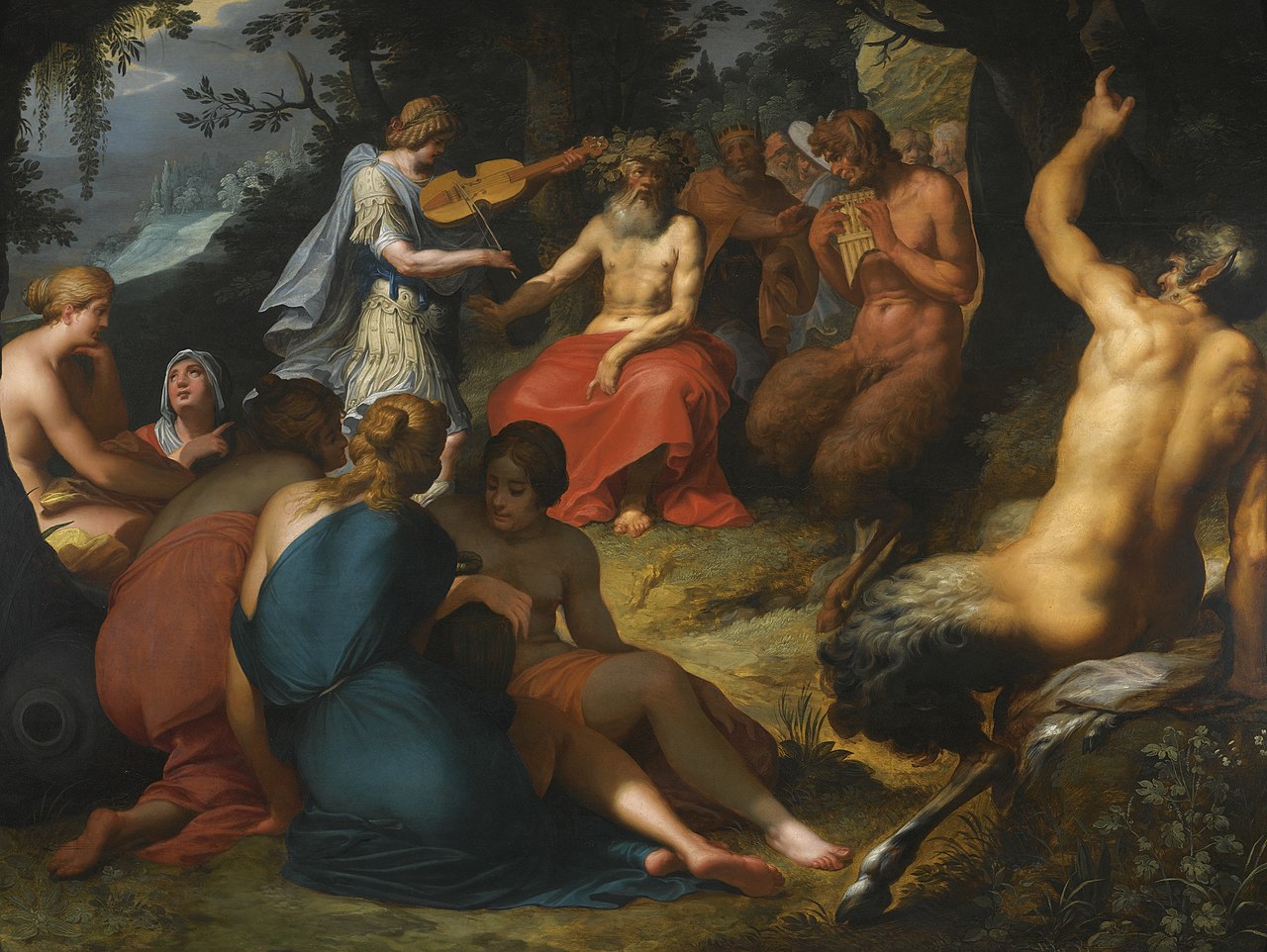Aelian, Animalia Epilogue
“However much my work, thought, and toil has added to learning and as much as the progressive consensus in those matters has sketched out and uncovered while men of repute and philosophers compete with each other in these fields, I have now articulated as much as I was able. I did not leave out anything which I knew because I was lazy, as if I looked down on or dishonored some wild beast without reason or speech.
No, here too that lust for knowledge which lives deep within me and is native there has set me afire. I am not ignorant of the fact that some of those who look keenly for money and are bewitched by honors, and power, and everything which gains a reputation may attack me if I spent my free time on these projects when I could have been primping myself and frequenting courtyards and courting wealth.
Instead, I have concerned myself with foxes and lizards and bugs and snakes and lions, with what a leopard does, how affectionate storks are to their young, how the nightingale singles sweetly, how wise an elephant is, the shapes of fishes, the migrations of cranes, the natures of serpents and the rest of the things which this carefully written composition contains and preserves.
It is not at all dear to me to be numbered among these wealthy men and to be compared to them. But if, instead, I would try and desire to join that crowd among whom wise poets and men clever at seeking out and examining the secrets of nature and the writers who approach the most extensive experience think it right to join, it is clear that I am a far better judge of the difference than these other people are. Or I would prefer to excel in a single school of knowledge than to gain the praised riches and possessions of your most wealthy people. Well, that’s enough about these things for now.”
Ὅσα μὲν οὖν σπουδή τε ἐμὴ καὶ φροντὶς καὶ πόνος καὶ ἐς τὸ πλέον μαθεῖν καὶ ἐν τοῖσδε ἡ γνώμη προχωροῦσα ἀνίχνευσέ τε καὶ ἀνεῦρε, δοκίμων τε ἀνδρῶν καὶ φιλοσόφων ἀγώνισμα θεμένων τὴν ἐπ᾿ αὐτοῖς ἐμπειρίαν, καὶ δὴ λέλεκταί μοι, ὡς οἷόν τε ἦν εἰπεῖν, μὴ παραλείποντι ἅπερ ἔγνων μηδὲ βλακεύοντι, ὡς ἀλόγου τε καὶ ἀφώνου ἀγέλης ὑπεριδόντι καὶ ἀτιμάσαντι, ἀλλὰ κἀνταῦθα ἔρως με σοφίας ὁ σύνοικός τε καὶ ὁ συμφυὴς ἐξέκαυσεν. οὐκ ἀγνοῶ δὲ ὅτι ἄρα καὶ τῶν ἐς χρήματα ὁρώντων ὀξὺ καὶ τεθηγμένων ἐς τιμάς τε καὶ δυνάμεις τινὲς καὶ πᾶν τὸ φιλόδοξον δι᾿ αἰτίας ἕξουσιν, εἰ τὴν ἐμαυτοῦ σχολὴν κατεθέμην ἐς ταῦτα, ἐξὸν καὶ ὠφρυῶσθαι καὶ ἐν ταῖς αὐλαῖς ἐξετάζεσθαι καὶ ἐπὶ μέγα προήκειν πλούτου. ἐγὼ δὲ ὑπέρ τε ἀλωπέκων καὶ σαυρῶν καὶ κανθάρων καὶ ὄφεων καὶ λεόντων καὶ τί δρᾷ πάρδαλις καὶ ὅπως πελαργὸς φιλόστοργον καὶ ὅτι ἀηδὼν εὔστομον καὶ πῶς φιλόσοφον ἐλέφας καὶ εἴδη ἰχθύων καὶ γεράνων ἀποδημίας καὶ δρακόντων φύσεις καὶ τὰ λοιπὰ ὅσα ἥδε ἡ συγγραφὴ πεπονημένως ἔχει καὶ φυλάττει, περιέρχομαι· ἀλλὰ οὔ μοι φίλον σὺν τοῖσδε τοῖς πλουσίοις ἀρίθμεῖσθαι καὶ πρὸς ἐκείνους ἐζετάζεσθαι, εἰ δὲ ὧν καὶ ποιηταὶ σοφοὶ καὶ ἄνδρες φύσεως ἀπόρρητα ἰδεῖν τε ἅμα καὶ κατασκέψασθαι δεινοὶ καὶ συγγραφεῖς τῆς πείρας ἐς τὸ μήκιστον προελθόντες ἑαυτοὺς ἠξίωσαν, τούτων τοι καὶ ἐμαυτὸν ἁμωσγέπως ἕνα πειρῶμαι ἀριθμεῖν καὶ ἐθέλω, δῆλον ὡς ἀμείνων ἐμαυτῷ σύμβουλός εἰμι τῆς ἐξ ἐκείνων κρίσεως. βουλοίμην γὰρ ἂν μάθημα ἓν γοῦν πεπαιδευμένον περιγενέσθαι μοι ἢ τὰ ᾀδόμενα τῶν πάνυ πλουσίων χρήματά τε ἅμα καὶ κτήματα. καὶ ὑπὲρ μὲν τούτων ἱκανὰ νῦν.











